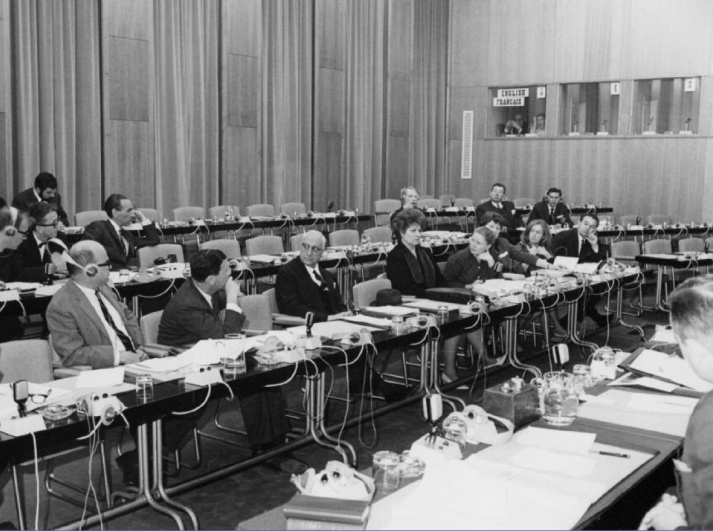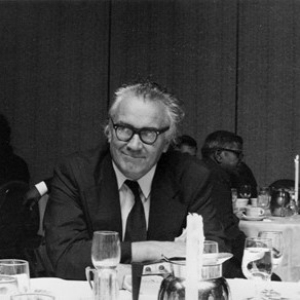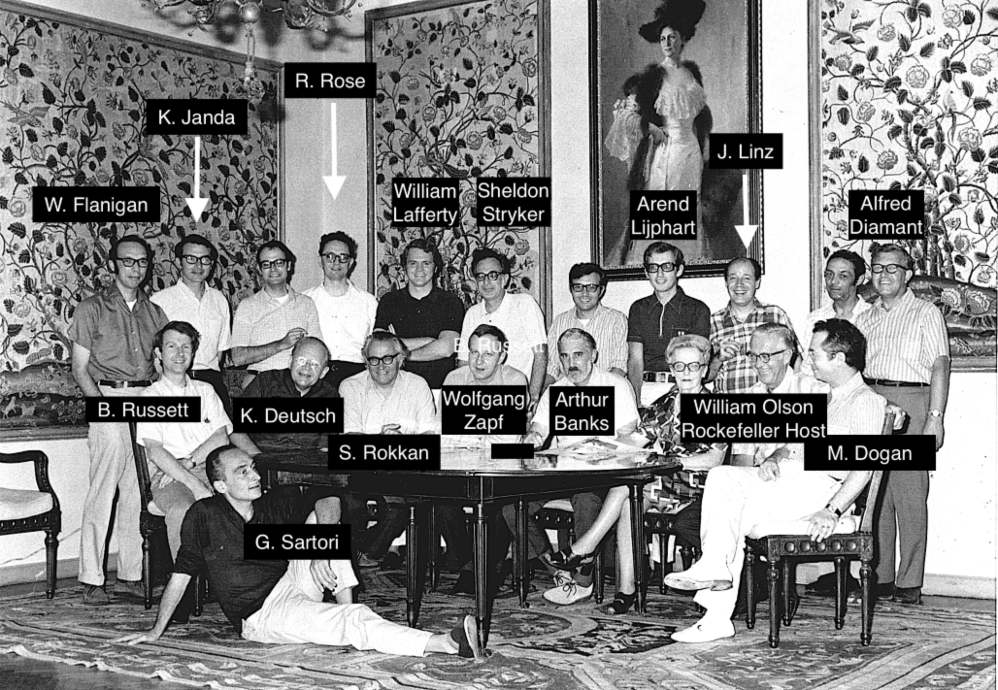1970
IPSA was proactive in producing original research through its Research Committees and study groups. From the 1970s on, research committees and study groups officially recognized by IPSA played a crucial role in the association's scientific endeavors. These groups brought together political science experts, and were responsible for roundtable meetings and expert exchanges as well as publications. They spearhead research and foster the creation of international networks among researchers with shared interests, integral to IPSA's global success.
Although gatherings of specialists debating on particular topics appeared as components of the program as early as the IPSA World Congress in Geneva in 1964, it was not until the 1970 IPSA World Congress in Munich that steps were taken to institutionalize these gatherings by establishing permanent research committees. This concept was endorsed by the association and aimed to facilitate enduring collaboration among experts from various countries who share common interests in specific areas of political science.
The first Research Committees (RC), 1970-76
- RC1 - Conceptual and terminological analysis (1970)
- RC2 - Political elites (1972)
- RC3 - European unification (1971)
- RC4 - Latin American political studies (1972)
- RC5 - Comparative studies on local government (1972)
- RC6 - Political sociology (1970)
- RC7 - Quantitative and mathematical approaches to politics (1971)
- RC8 - Legislative development (1972)
- RC9 - Comparative judicial studies (1973)
- RC10 - Peace and conflict studies (1973)
- RC11 - Science and politics (1975)
- RC12 - Biology and politics (1975)
- RC13 - Development and political systems (1976)
- RC14 - Politics and ethnicity (1976)
During the 1970s, IPSA aimed to prevent research committees and study groups from becoming too self-focused. To achieve this, IPSA systematically defined the process and criteria for officially recognizing only those groups that aligned with its goals. After several years of study and debate, the Executive Committee endorsed the “Rules Governing the Organization and Functioning of Research Committees and Study Groups” in 1980. This requirement mandated that any group seeking official recognition must represent all areas of the world as equally as possible and reflect diverse schools of thought. A Committee on Research Committees and Study Groups was created to monitor activities in the area in 1979 (it was renamed the Commission on Research Committees and Study Groups in 1982, and, with broadened terms of reference, the Committee on Research and Training in 1998).
From 1976 to 1999, numerous research groups were established, with many later achieving RC status after the 1999 Executive Committee decision, when it was decided to phase out the Study Groups and turn them all into RCs.
Currently, there are 53 active IPSA Research Committees. Between World Congresses, the RCs contribute more than any other body to the activities and achievements of IPSA, largely due to the rapid growth in both their numbers and the size of their own memberships.














